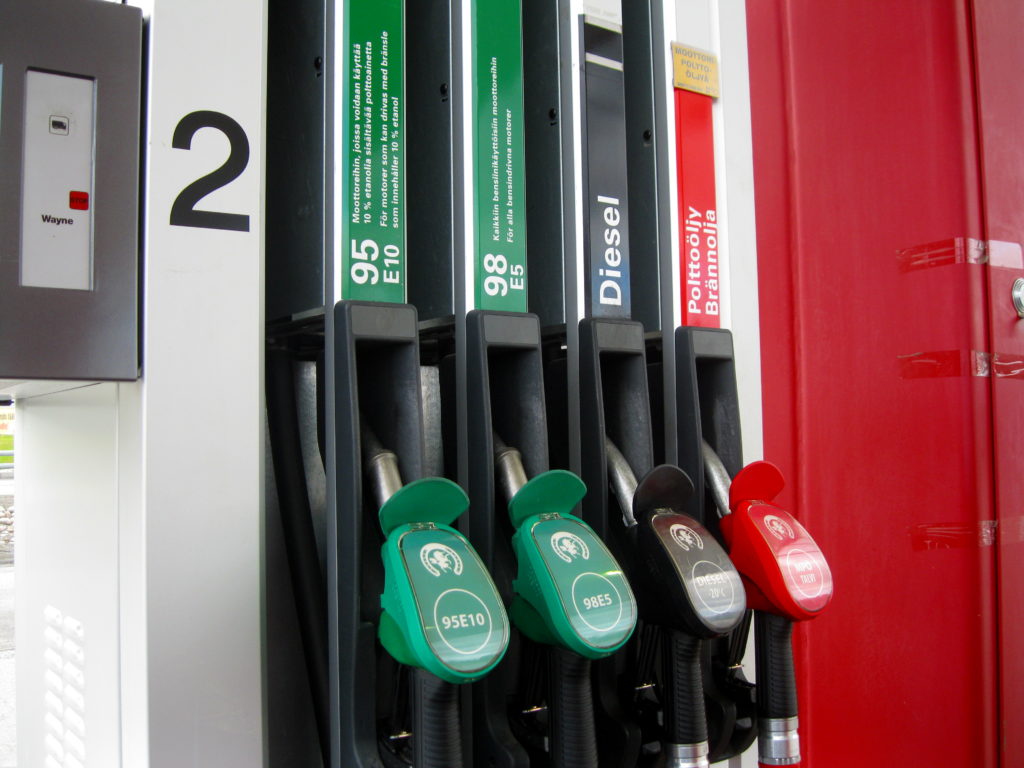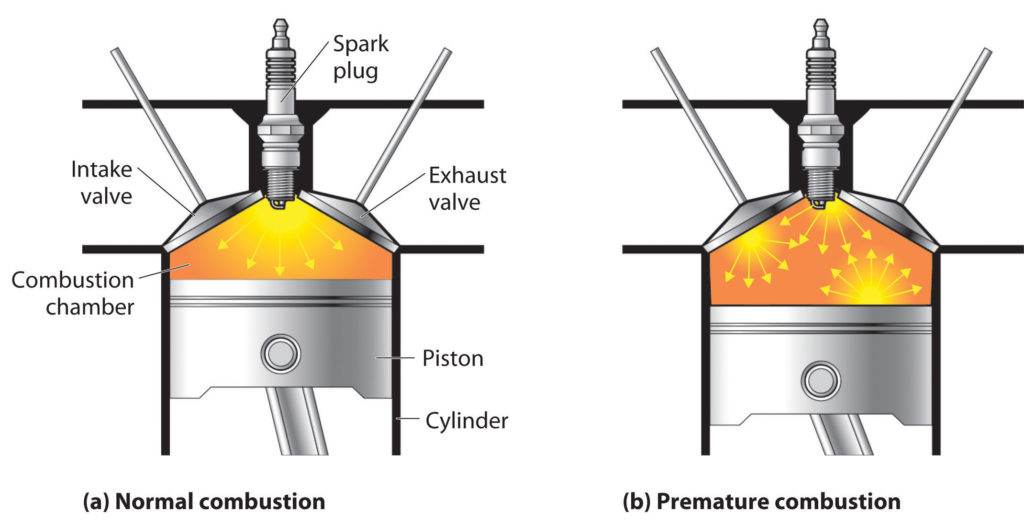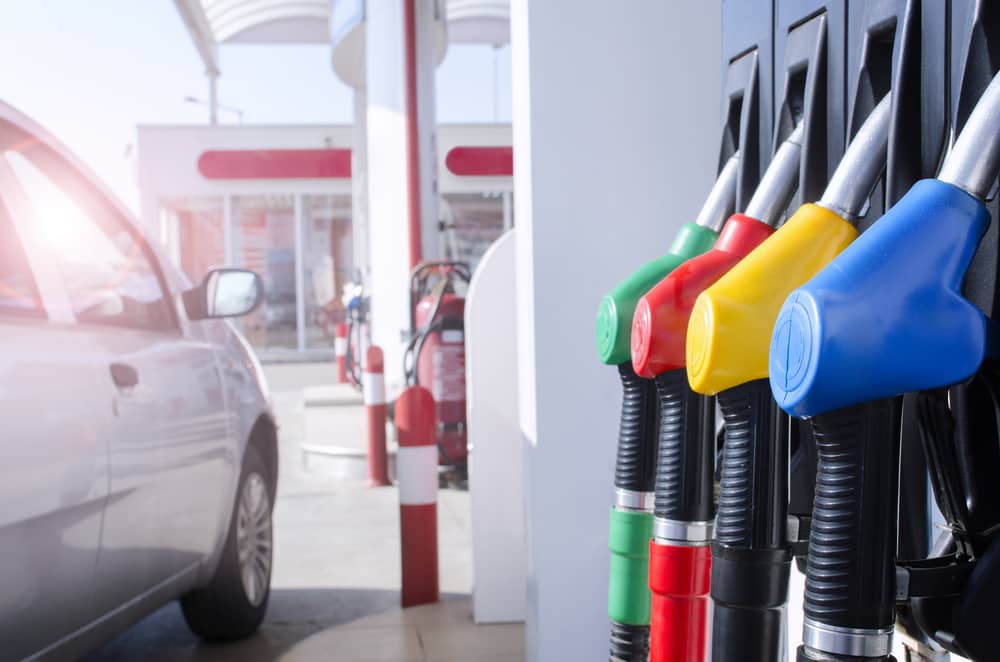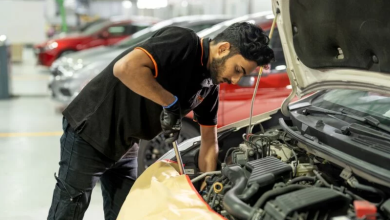Premium Petrol Vs Regular Petrol: What’s the Difference?
A lot of Singaporeans believe that premium petrol (98-octane etc.) will increase the performance of your car and is generally better for your car. But is this belief true? Or even justified? Is the (significantly) higher price worth it? Let’s find out.
Difference between Octane Ratings

Most petrol kiosks in Singapore offer petrol with octane ratings of 95 or 98. With most drivers filling their cars with 95-octane petrol. Why? Because it’s seen as the average option and it’s cheaper. But other than price, what’s the difference?
Well, octane ratings represent the petrol’s ability to resist pre-ignition (also known as “knocking”). This means that the higher the rating, the more capable it is to prevent knocking.
But wait, what does knocking ACTUALLY mean?
It’s actually quite simple to understand.

Knocking is when fuel is improperly ignited which causes rough combustion. This means that the fuel is not completely ignited or not properly burned. Knocking in your engine can cause the performance of your car to deteriorate, increase fuel consumption and damage the piston, valves and combustion chamber in your engine.
Professionals call the pre-ignition issue knocking because when this happens, there’s an audible rattle from your engine. The rattle usually sounds off when you accelerate and sounds like a knock.
What Causes Knocking?
Most of the time, it’s because you use low-quality petrol or petrol of a lower octane rating than what the engine is designed for. But there are other reasons that cause knocking, like using the wrong spark plugs which builds up deposits on the cylinder walls.
Which Should You Use?
While most cars can run on 95-octane petrol, there are others that have a higher or lower minimum. So, check your car’s user manual to find out the minimum octane rating your car should be running on for optimal performance.
Is it okay to use a higher octane rating?
Generally speaking, there isn’t an issue with using petrol with a higher octane rating. However, it’s not the same for petrol with a lower octane rating. Using lower octane petrol (92) in a car designed for higher octane petrol (95) is potentially destructive. It’s likely you’ll lose some power, acceleration and fuel economy.
95-octane vs 98-octane
While most cars are 95-octane petrol friendly, some drivers will pay more for 98-octane petrol. Why? These drivers believe that it’s better for your car, increasing performance and fuel economy.

And it’s true! Well, kinda.
Comparing the two, 98-octane petrol protects your engine better because it’s more stable than 95-octane petrol. The added stability and resistance to knocking makes it an overall better choice to protect your engine.
But when it comes to increasing performance and power, this part is not true. Power and performance come from the engine and not what the engine “eats”. So even with an average engine and premium petrol, performance and power will not increase.
The same goes for arguments that suggest premium octane petrol gives you more mileage and is environmentally friendlier. They’re all dependent on too many variables that make it an inconsistent observation.
For instance, driving habits and techniques differ from driver to driver and these factors affect the outcomes more than the type of petrol you use. So even though using higher octane petrol increases the overall performance, the difference is too tiny for you to even notice.
Plus, it’s economically irrational to do so because you’re paying (significantly) more for an increased performance that’s just too tiny to justify.
So… Regular or Premium Petrol?
It’s extremely important for you to choose the right petrol for your car. Make sure you use the right petrol that your car needs. If you use lower grade petrol, you’re damaging your engine. This puts you at risk of having to fork out tons of cash to get it fixed. It’s best if you don’t bother saving a couple of bucks by using petrol of a lower recommended octane rating. It’s just not worth it.
Then, the next question is… should you use petrol higher than the recommended grade because it’s better for your car? Well, that’s entirely up to you. But the difference you get from using premium petrol isn’t worth forking out the extra money.
Just stick to the octane ratings that your manufacturer recommends and you’ll be fine!





